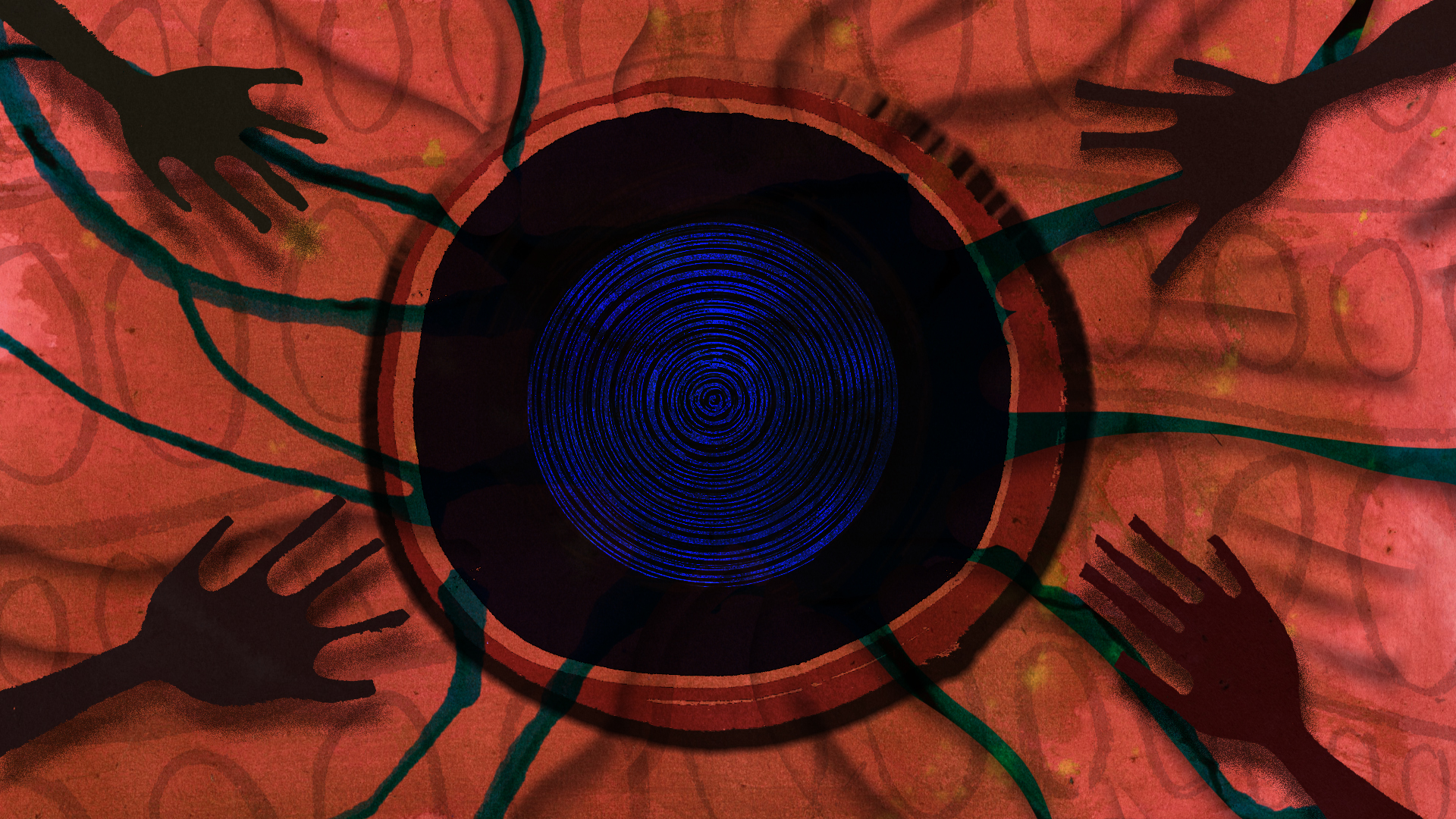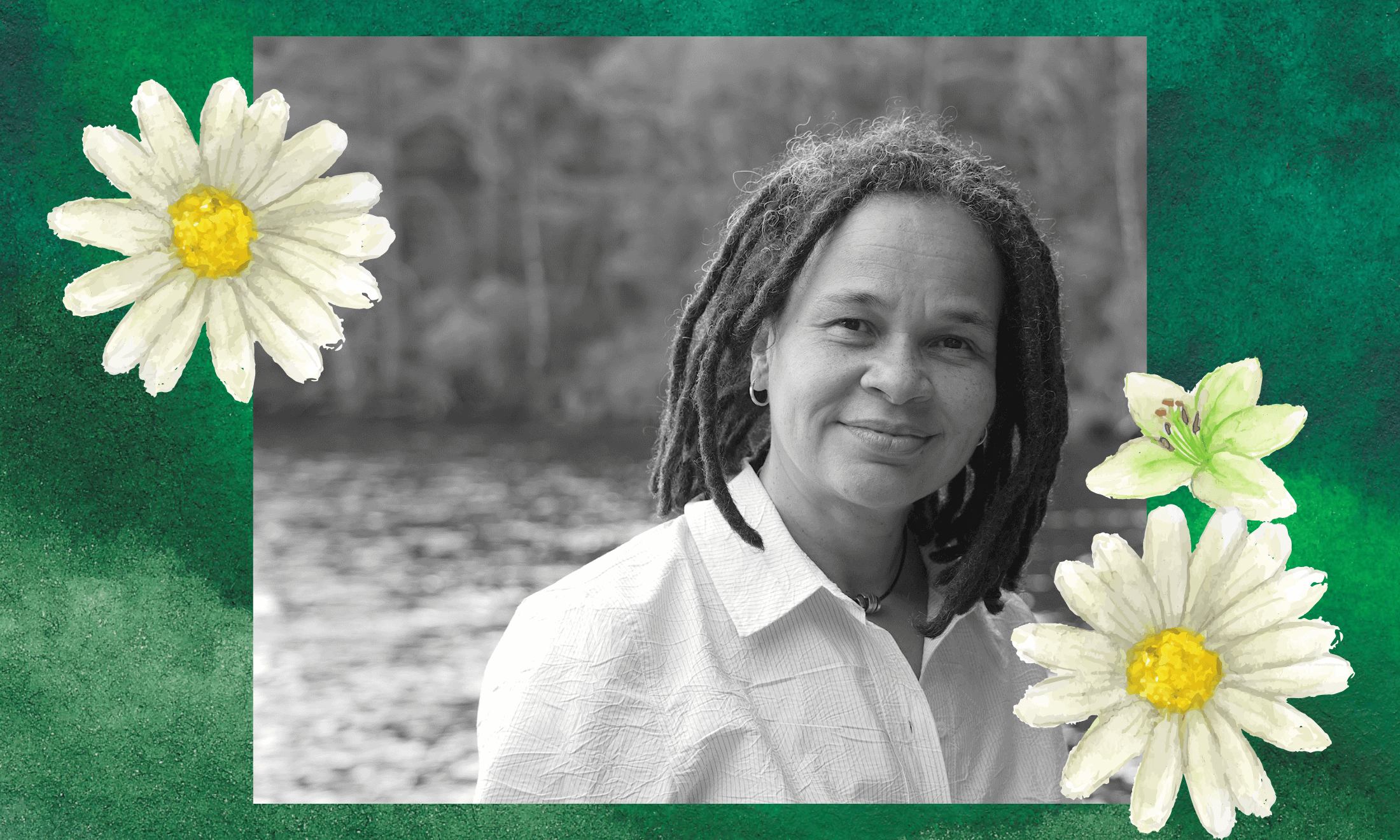‘I knew I couldn’t be the only one.’ Meet REED, the group proving ecology is for everyone
Delivering workshops on allyship, decolonising GCSE textbooks and providing ecologists and conservationists with a sense of community – all in a day’s work for REED.
Aimée Grant Cumberbatch
22 Nov 2022
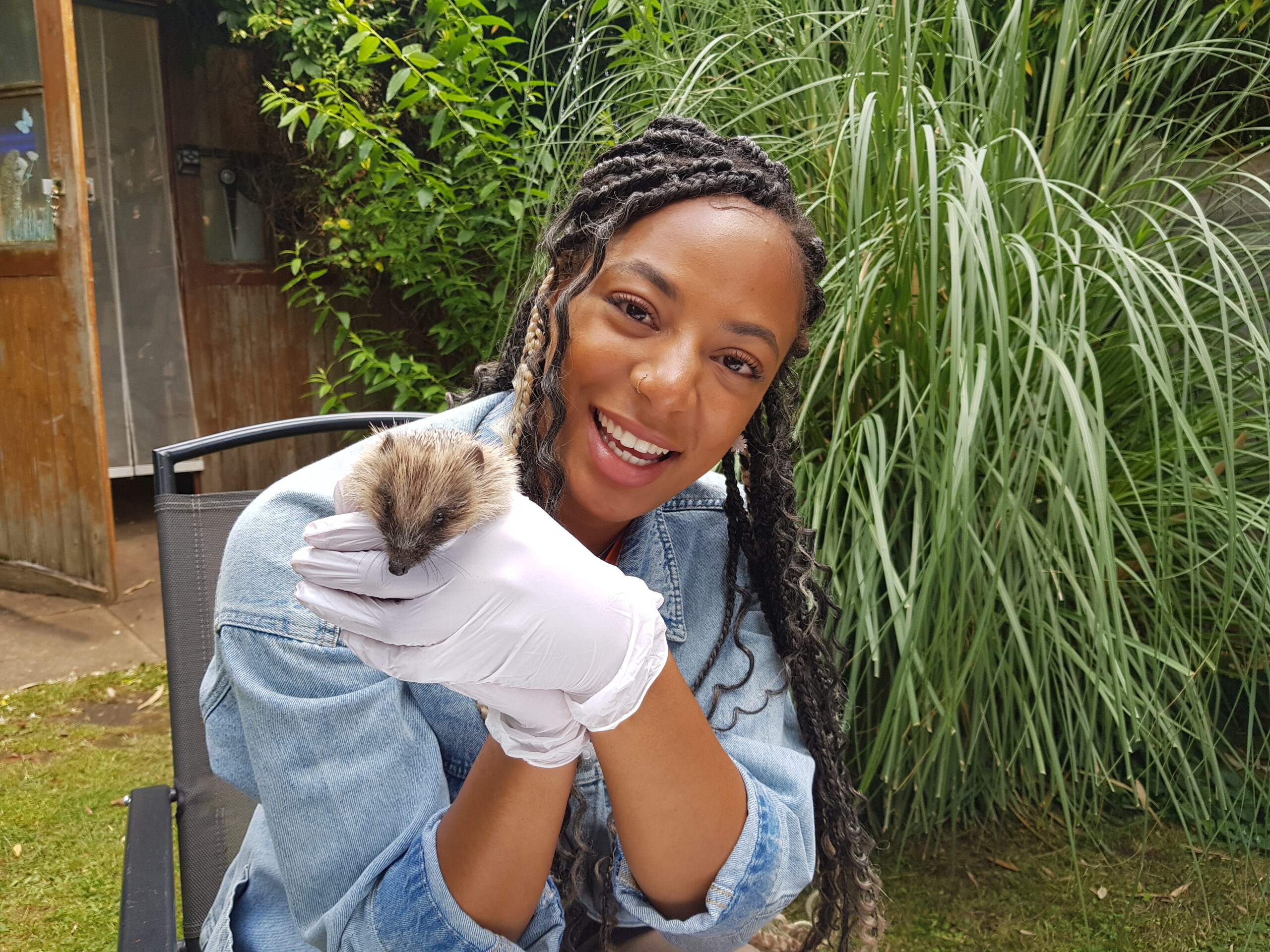
Chantelle Lindsay
Bushra Schuitemaker knows exactly who comes to mind when most people think of an ecologist or zoologist. “I’d really like to see people stop stereotyping the ecologist and zoologist type as the David Attenborough type. We all love David Attenborough, but it is time to show that this is for everyone,” says Bushra, who is a Norwich-based zoologist currently studying for an agriculture PhD in poultry health and welfare (which she refers to in her Twitter bio as “spending a lot of time with chicken poop.”)
She’s making those changes through her role as vice chair at REED (Racial and Ethnic Equality and Diversity) ecological network, a group dedicated to supporting black people and people of colour working in ecology and related fields. Ecology covers a vast array of jobs and subject areas – anything that seeks to understand the connections between plants, animals, humans and the world around them can be considered ecology.
“We all love David Attenborough, but it is time to show that this is for everyone”
Bushra Schuitemaker
REED defines ecology in its broadest sense, accepting members who study, work in or are simply fascinated by agriculture, the environment, nature sciences, conservation, wildlife media and more. With the twin climate and biodiversity crises accelerating, ecology has never been more important. But it is sadly still lacking in the kind of diversity and inclusion that will make it fit for the present, let alone the future.
Cultivating community
Reuben Fakoya-Brooks, a zoologist and photographer, founded REED in 2020, in the aftermath of the protests and accelerated momentum around the Black Lives Matter movement. In an article announcing the group’s creation, Reuben explained that it had taken the events of that summer to shock him out of his acceptance of the lack of diversity in ecology. Bushra got involved just two days after Reuben’s words were published, when she Googled ‘Black ecologists’. She tells gal-dem, “I knew I couldn’t be the only one.”
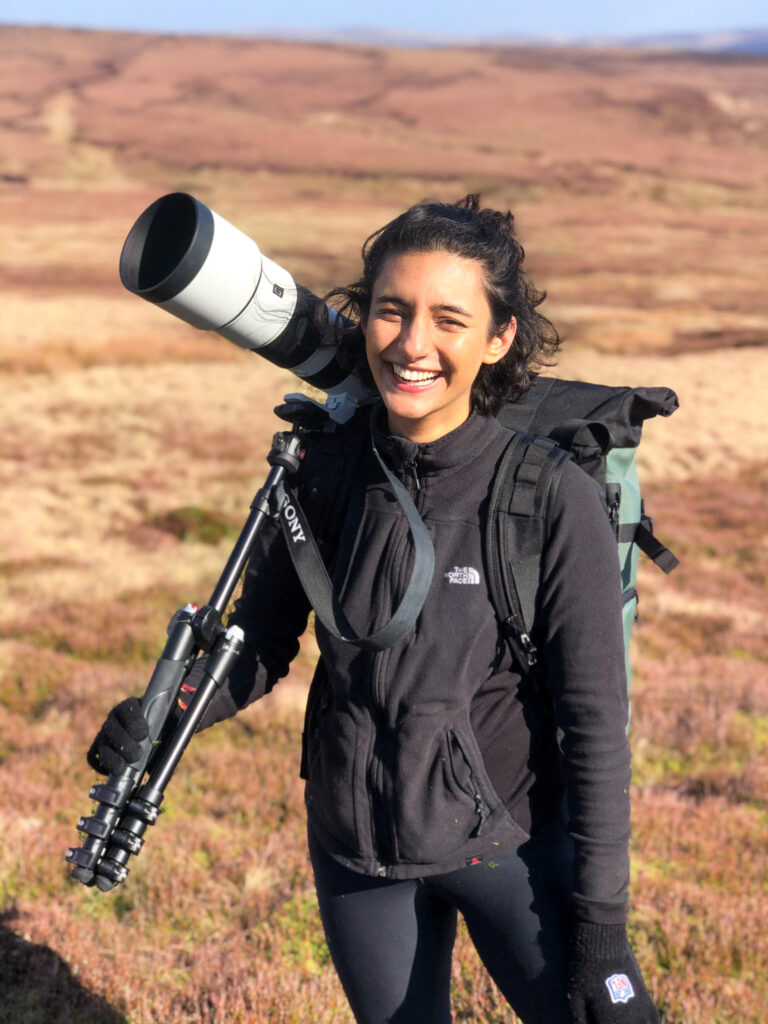
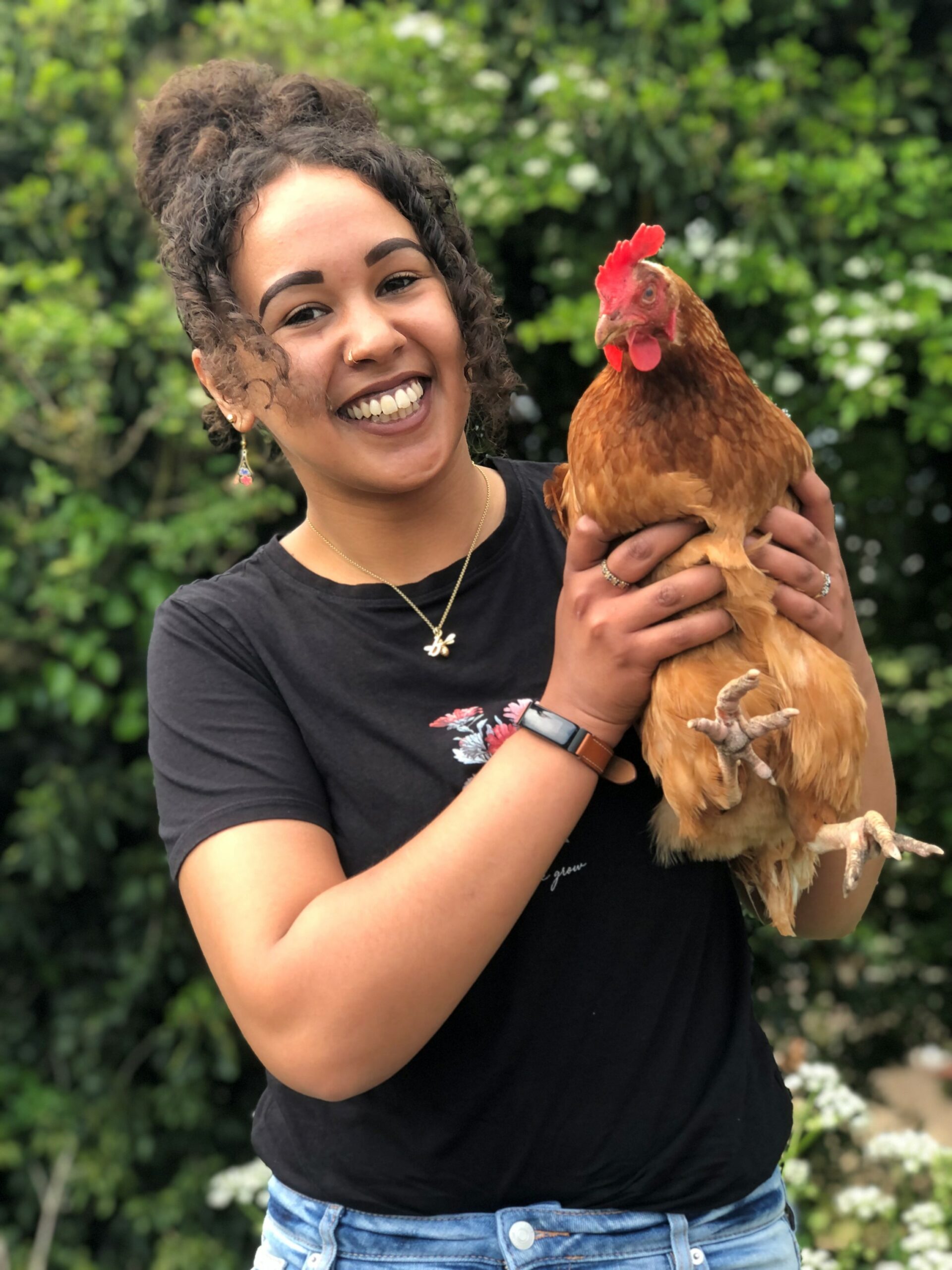
Although REED’s now 75-strong membership proves that Black ecologists and ecologists of colour do exist, it’s easy to feel alone when working in ecology, the environment and related fields like agriculture. 97.2% of agricultural workers are white, making it the least diverse sector in the UK, closely followed by the environmental sector in which only 4.7% of workers identify as Black, Asian or another ethnic minority. Drill down further into the figures from the 2022 Race Report and they only get worse – not a single conservation professional identifies as BAME, meaning that the field is literally 100% white, per the statistics anyway.
For many members, the mere fact of REED’s existence is something to celebrate. As well as vice-chair Bushra, gal-dem spoke to three REED members – all of whom mentioned the opportunity to connect with other Black ecologists and ecologists of colour as a key part of the network’s appeal. They all have stories about the sense of loneliness that comes with being the only Black person or person of colour in a space. Kalyani Lodhia, a photographer, biologist and wildlife filmmaker, explains that TV shoots can take you into remote areas like deserts and forests for weeks. She says: “It’s tough mentally, anyway, and then adding on racism [and] sexism as well. Sometimes I do think, ‘Why am I doing this? Why am I here?’”
Changing the status quo
REED is supported by the British Ecological Society (BES), a fact made all the more welcome by the lack of meaningful action elsewhere in the sector. A recent survey of UK environment charities found only 4% had a consistently-implemented plan to address inclusivity. BES lifts the pressure of administration and bureaucracy off the shoulders of REED’s organisers. As well as helping black ecologists and ecologists of colour feel inspired and less isolated, the group is putting in the work with companies and schools to try to encourage access to the field. “It’s one thing to just talk about our experiences and not feel alone. It’s another thing to create real change,” says Bushra.
Barriers to nature start early. Without what Bushra calls an “initial connection,” accessing nature-related fields like ecology is all the more complicated. Research by the charity Friends of the Earth from 2020 found that black and brown people are twice as likely to live in a neighbourhood with minimal access to green space. Almost 40% of people categorised as BAME live in the most green-space deprived areas, compared to just 14% of white people. But Bushra notes that connection doesn’t always have to look like rambles up rolling green hills or strolls through miles of woodland. Instead, REED aims to “help more people that are maybe in cities recognise that nature is all around you. You just have to go to the park and look at some birds,” Bushra says.
Even if a love of nature does take root from an early age, the education system doesn’t always help nurture it. Bushra explains that a commonly-used GCSE biology textbook that she and REED members recently came across features an illustration of evolution where the shift from ape to human being is shaded black to white.
“Even if a love of nature does take root from an early age, the education system doesn’t always help nurture it”
It’s easy to see how an image like this could dissuade black nature-lovers from pursuing their interest further. So, as well as working to get that image removed from textbooks, Bushra explains that there are REED members who specifically focus on schools. They give a glimpse of the huge range of opportunities that exist within ecology, try to spark an interest and help pupils get stuck in, for example, by contributing to citizen and community science projects like the Big Butterfly Count or the Big Garden Birdwatch.
But, budding ecologists who do manage to keep their love for nature thriving through school may be met with isolation during further studies. Kalyani describes her experience: “I went to the Royal Veterinary College and that was hands down the worst three years of my life. It was horrible, very white, very middle class.” While Chantelle Lindsay, conservationist and presenter of CBeebies’ Teeny Tiny Creatures, specifically chose to study in a city that was diverse, because she knew her course wouldn’t be. She says: “I just didn’t want to be that token Black girl any more.”
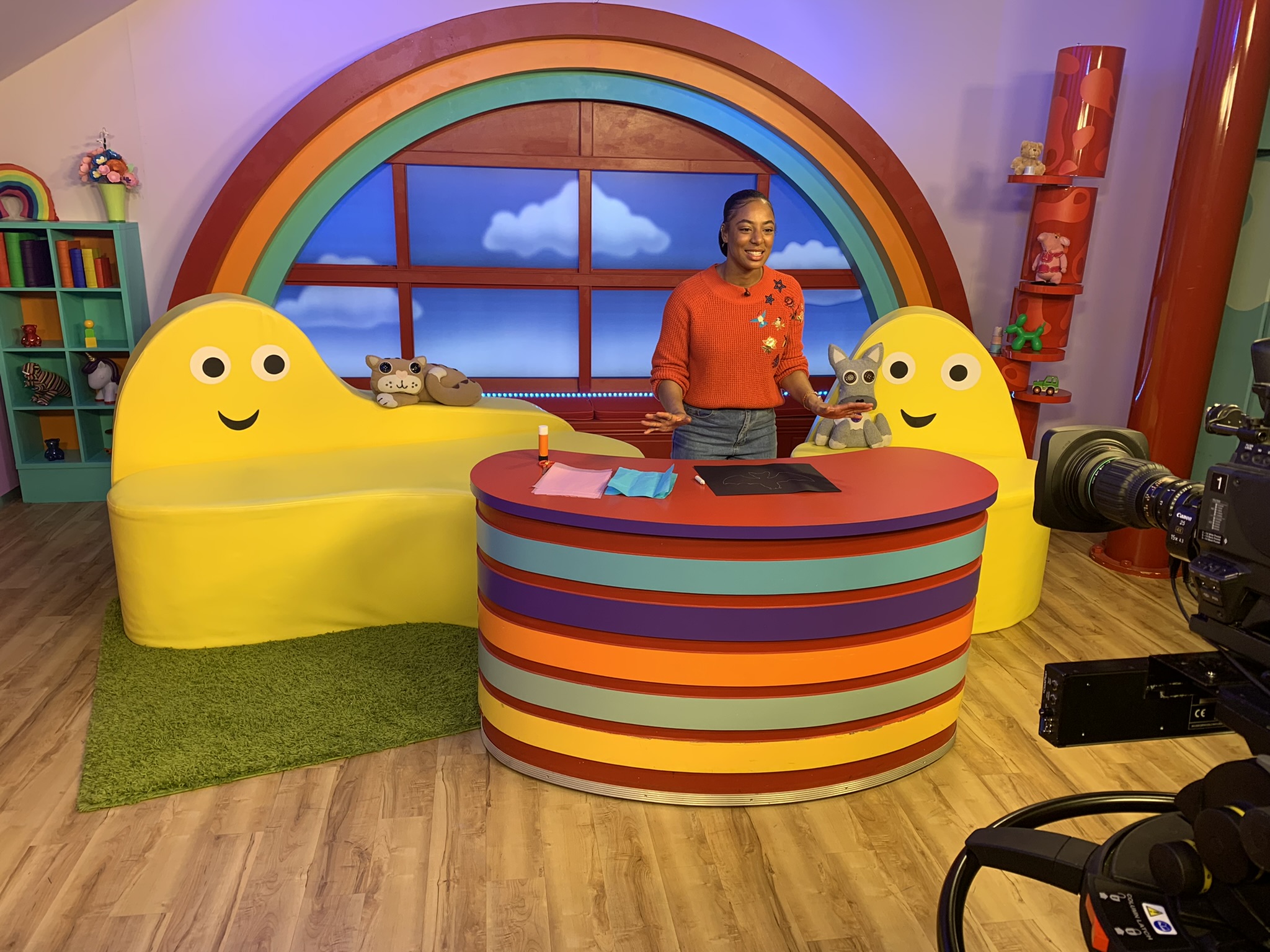
As well as a much-needed sense of community, REED offers the more structured support of mentorship, which can help with situations like isolation at university and in the workplace. Workplaces themselves also need to become more supportive to ensure the few people who have made it through into the industry remain. REED’s efforts to counter this take the form of workshops, including one called Effective Allyship in Ecology. “It teaches people how to recognise where these barriers are, to recognise where people’s power and privilege is coming from, as well as learning to recognise their own power and privilege,” says Bushra.
Broadening horizons
Part of that recognition involves reflecting on colonialism and its legacy. Conservationist and wildlife photographer Celina Chien notes that science’s idea of itself as empirical and objective can hamper recognition of biases. “The sciences and conservation work are in desperate need of decolonizing in our approach and our thinking,” she says.
REED also understands the need to counter the idea that ecology is only for rich, retired white men. They do this by calling attention to ecologists, zoologists, and environmental activists of colour who have preceded them, but aren’t necessarily as well known as they should be. Bushra says: “These people have existed over the centuries, doing what they can, regardless of the barriers, and they laid the foundation for many of us.” She mentions John Edmonstone as an example, a black man from Guyana who taught Darwin taxidermy. Without Edmonstone, Darwin would have been unable to bring back the specimens from trips abroad that helped him theorise evolution.
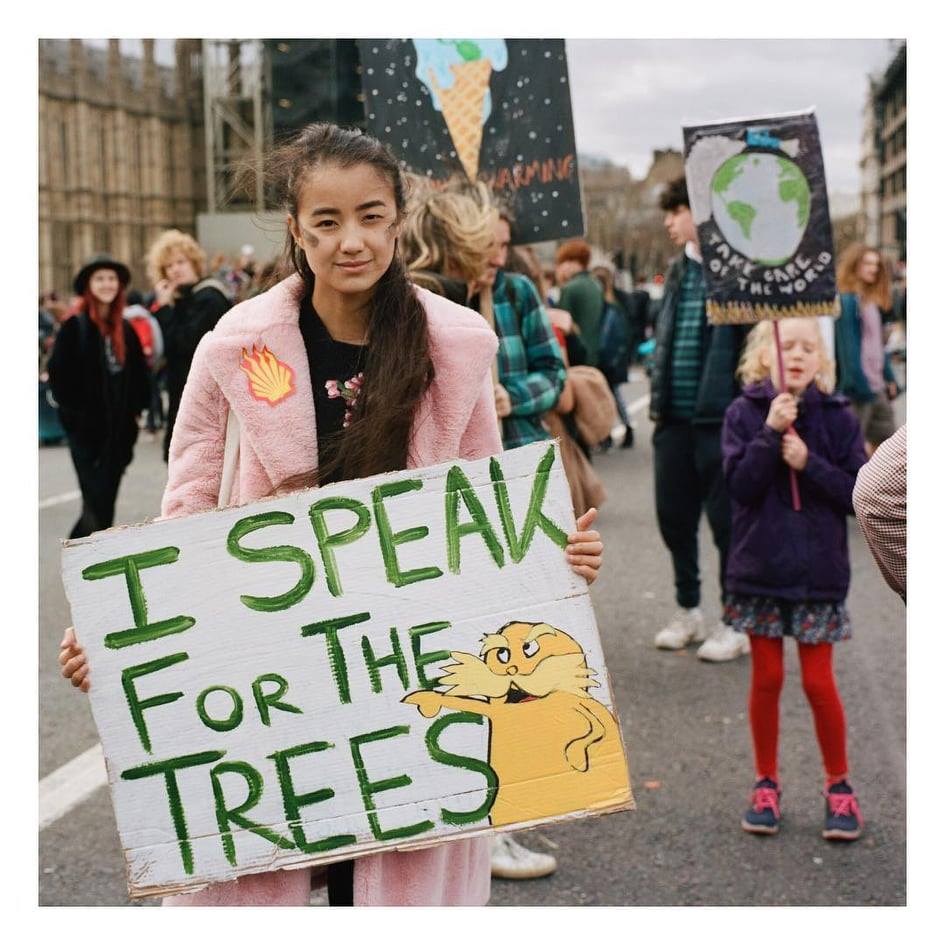
Kalyani, who notices the impact of the climate crisis first-hand as she travels to make documentaries, says there is a lack of understanding from white colleagues that communities of colour in the Global South stand to be worst affected.
For Bushra, Black ecologists and ecologists of colour are essential to fighting the climate struggle. “It’s really important for us to not lose our identity in this climate fight. It gives us so much power in what we’re trying to do – we know exactly what those effects are. It’s not about us having to choose between fighting for identity or fighting for racial justice – by fighting for the environment, we are fighting for those things, too.”
“It’s really important for us to not lose our identity in this climate fight”
Bushra Schuitemaker
The pace of change can be slow, but organisations like REED are already transforming ecology for the better. What drives Bushra and unites the other REED members gal-dem spoke to, beyond their passion for making ecology more diverse and inclusive, is their love of the world around them. Celina attributes her appreciation of nature to growing up in Beijing, a city which had very little. “There was no urban greenery, there were no parks. There were no birds. It was completely barren.” Having family in Europe meant Celina could travel. As a result, she says: “Animals that are seemingly boring to most people like pigeons and mice would absolutely delight me. I still have that. Every dandelion, every oak tree is still exciting.”
The contribution of our members is crucial. Their support enables us to be proudly independent, challenge the whitewashed media landscape and most importantly, platform the work of marginalised communities. To continue this mission, we need to grow gal-dem to 6,000 members – and we can only do this with your support.
As a member you will enjoy exclusive access to our gal-dem Discord channel and Culture Club, live chats with our editors, skill shares, discounts, events, newsletters and more! Support our community and become a member today from as little as £4.99 a month.







